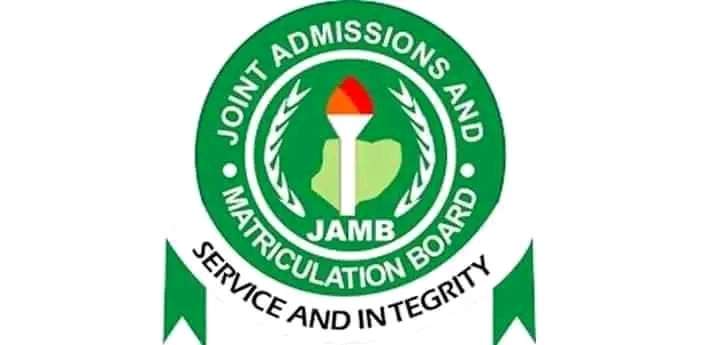By Abdul Lauya
The 2025 Unified Tertiary Matriculation Examination (UTME) has once again exposed the widening cracks in Nigeria’s higher education system, as the Joint Admissions and Matriculation Board (JAMB) confirmed that a staggering 1,955,069 candidates registered for this year’s exam. Despite this overwhelming number, only a fraction of these hopefuls will secure admission into Nigeria’s overstretched and underfunded tertiary institutions.
With limited admission spaces available across the country’s universities, polytechnics, and colleges of education, the data paints a familiar and troubling picture of exclusion. The vast majority of candidates, many with qualifying scores—are likely to be denied admission, not due to academic failure but because there simply aren’t enough spaces.
The scramble for placement has also brought to light the universities most preferred by applicants. According to official JAMB figures, Lagos State University (LASU) emerged as the most sought-after institution with 70,080 first-choice applications, making it the only state university to break into the top ten. It is followed by the University of Lagos (UNILAG) with 58,645 applicants and the University of Ilorin (UNILORIN), which attracted 56,758 first-choice candidates.
Others on the list include the Federal University Oye-Ekiti (FUOYE) with 52,108; Nnamdi Azikiwe University (UNIZIK) with 51,487; the University of Ibadan (UI) with 47,571; the University of Nigeria, Nsukka (UNN) with 46,273; the University of Benin (UNIBEN) with 45,868; Obafemi Awolowo University (OAU) with 45,777; and Federal University Lafia, which recorded 42,962 first-choice applicants.
Collectively, these ten institutions alone accounted for over 500,000 of the total applications, an indication of both their popularity and the pressure they face in terms of capacity. Many of these campuses are already dealing with overcrowded lecture halls, dilapidated hostels, and alarming lecturer-to-student ratios, in some cases as high as 1:100, is far beyond the global standard. With such overwhelming demand, even candidates who score above the cut-off marks often find themselves on the waiting list.
The federal government, through JAMB’s 2025 policy meeting, has again set the minimum UTME score at 150 for universities and 100 for polytechnics and colleges of education. Yet the harsh truth remains: scoring above the cut-off is no guarantee of admission in a system where qualified candidates outnumber available slots three-to-one.
Compared to the 2024 UTME, which had a similar volume of candidates and a marginally lower admission rate, the 2025 figures reflect a growing population of Nigerian youth seeking upward mobility through higher education but finding the gates increasingly shut. The failure to expand institutional capacity or establish new universities at the pace of demand has created a backlog of frustrated, underutilized potential.
Beyond the numbers, the implications are dire for national development. The oversubscription of a handful of elite universities has led to a near-collapse in academic standards. Facilities are outdated, staff are overwhelmed, and funding remains largely insufficient. The exodus of qualified lecturers to foreign institutions in search of better pay and working conditions has only made matters worse.
The consistent neglect of polytechnics and colleges of education, which receive far fewer applications despite being easier to access, further compounds the crisis. The bias towards university degrees continues to undermine technical and vocational education, sectors that are critical to job creation and economic diversification.
Unless there is a deliberate, strategic effort to invest in tertiary education, by expanding infrastructure, recruiting more academic staff, incentivizing alternative education pathways, and improving funding models, the country risks breeding a generation of disillusioned youths whose only ambition becomes “japa” (exit the country) due to blocked opportunities at home.
As the dust settles on the 2025 UTME and another generation of Nigerian youths wait anxiously for admission lists that will leave many behind, the message is clear: the system is at a breaking point. And unless urgent reforms are made, the dream of affordable, quality tertiary education for all will remain just a dream.
© Eye Reporters 2025. All rights reserved.
For advert placement and inquiries, publication of press releases, and news coverages, please call: Phone: 08052898434 Email: editor@eyereporters.com, click here to view the advert rates.



